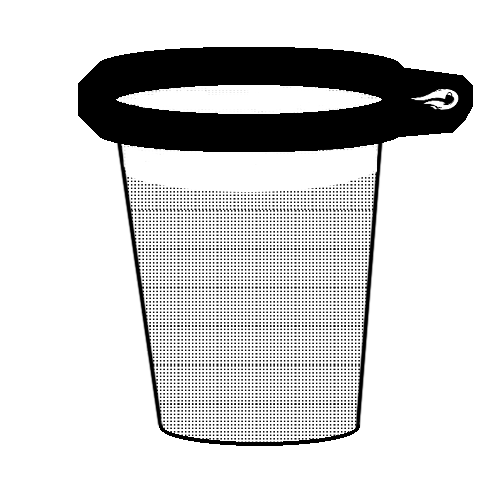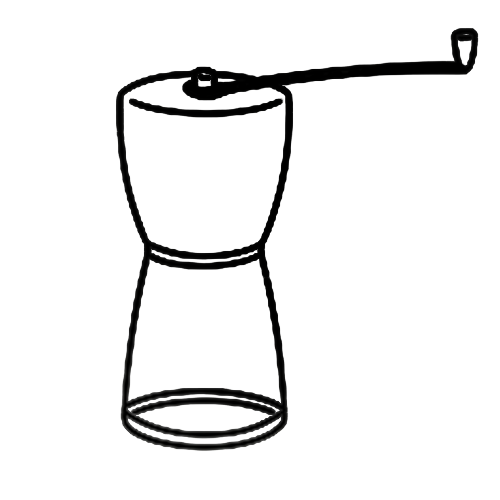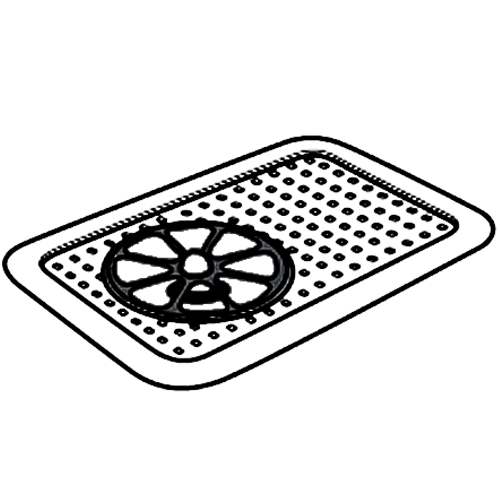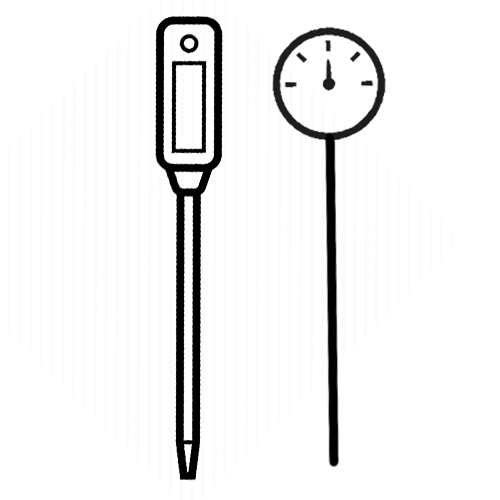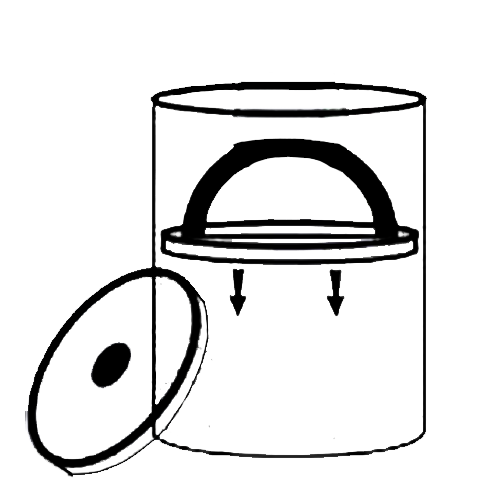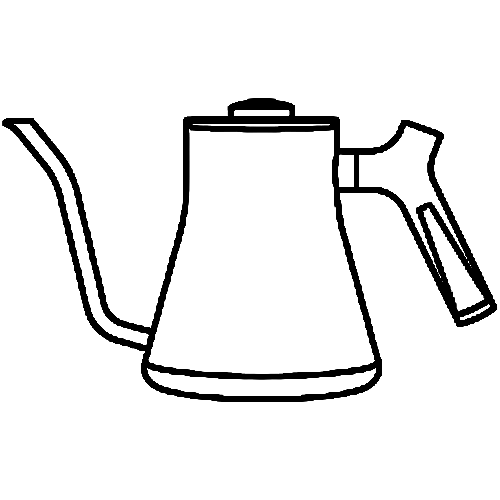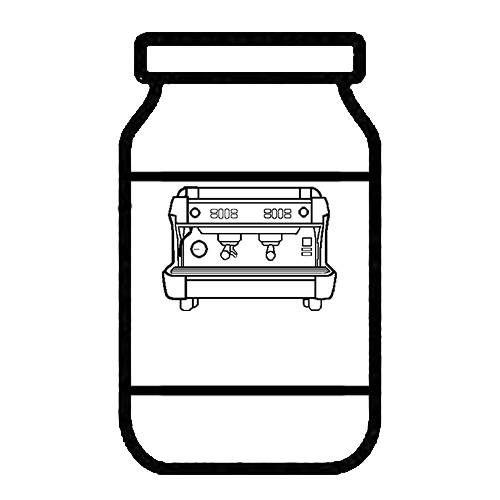A History and Comparison of Arabica and Robusta Beans
Coffee has a long and fascinating history, dating back to the 7th century when the Oromo tribe in Ethiopia enjoyed crushed coffee beans and fat as a snack. Coffee was later imported to lower Arabia, where it was ground finely and simmered to create a brew that helped scholars stay awake and work longer.
The Coffea Arabica bean is the most popular type of coffee bean in the world, accounting for 60% of coffee exports. Arabica beans are grown at high altitudes and have a sweet, chocolatey flavor with a hint of fruitiness. They are also lower in caffeine and higher in sugar than Robusta beans.
Robusta beans are smaller and rounder than Arabica beans, and they have a stronger, more earthy flavor. They are also higher in caffeine and less expensive than Arabica beans. Robusta beans are often used in blends and espresso, but they can also be brewed on their own.
Here is a table comparing Arabica and Robusta beans:
|
Ultimately, the best type of coffee bean for you is a matter of personal preference. If you are looking for a smooth, flavorful cup of coffee, Arabica beans are a good choice. If you are looking for a stronger, more affordable cup of coffee, Robusta beans may be a better option.
Robusta Coffee: A Robust and Underappreciated Bean
Robusta coffee, often overshadowed by its more popular cousin, Arabica, has a rich history and unique flavor profile that makes it a valuable part of the coffee world.
First discovered in the wilds of the Congo in the early 1800s, Robusta coffee was initially labeled Coffea Canephora. It didn't play a major role in the coffee industry until the Coffee Leaf Rust of 1869 wiped out a significant portion of the Arabica crop.
Robusta coffee trees are more resistant to pests and diseases than Arabica trees, and they can be grown at lower elevations and in less humid climates. This makes Robusta a more sustainable and cost-effective option for coffee farmers.
Robusta coffee is also higher in caffeine than Arabica coffee, making it a popular choice for instant coffee and espresso blends. Robusta beans produce a rich, earthy flavor with nutty undertones.
Here is a table comparing Robusta and Arabica coffee beans:
|
Benefits of Robusta coffee:
- Higher in antioxidants
- More resistant to pests and diseases
- More sustainable and cost-effective
- Produces a rich, earthy flavor with nutty undertones
- Popular choice for instant coffee and espresso blends
Overall, Robusta coffee is a versatile and underrated bean that offers a unique flavor profile and several benefits. Whether you enjoy it on its own or in a blend, Robusta coffee is worth trying.
Liberica Coffee: The Underdog of the Coffee World
Liberica coffee is a rare and unique coffee species that makes up only 2% of global coffee production. It is often overlooked by coffee drinkers in favor of more popular varieties like Arabica and Robusta. However, Liberica coffee is gaining popularity in recent years due to its unique flavor profile and potential for sustainable cultivation.
Liberica coffee is native to Africa and was first introduced to the Philippines, Indonesia, and Malaysia in the 19th century. It is known for its large, tear-shaped fruit and its strong, smoky flavor. Liberica coffee trees are also more resistant to pests and diseases than other coffee species, making them a more sustainable option for farmers.
In the past, Liberica coffee was often criticized for its bitter taste. However, modern roasting methods have helped to unlock the bean's full potential. Today, Liberica coffee is known for its complex flavor profile, which can include notes of chocolate, lemon, jackfruit, and chorizo.
Here are some of the unique benefits of Liberica coffee:
- Complex flavor profile: Liberica coffee has a unique flavor profile that is different from other coffee species. It is often described as having a strong, smoky flavor with notes of chocolate, lemon, jackfruit, and chorizo.
- Sustainable cultivation: Liberica coffee trees are more resistant to pests and diseases than other coffee species, making them a more sustainable option for farmers.
- Rare and unique: Liberica coffee is a rare and unique coffee species that is not widely available. This makes it a great choice for coffee lovers who are looking for something different.
If you are looking for a new and exciting coffee experience, be sure to try Liberica coffee. It is a unique and delicious coffee that is sure to please your palate.
Excelsa Coffee: A Unique and Underrated Bean
Excelsa coffee is a rare and unique coffee species that is closely related to Liberica coffee. It was first discovered in 1903 near Lake Chad in sub-tropical West Africa. Excelsa coffee trees are known for their hardiness and drought resistance, making them ideal for growing in Southeast Asia.
Excelsa coffee has a unique flavor profile that is often described as tart and fruity. It also has a complex combination of light and dark roast characteristics. In the past, Excelsa coffee was often used as a blending substitute, but modern roasting methods have helped to unlock its full potential. Today, Excelsa coffee is enjoyed by coffee lovers all over the world for its unique and delicious flavor.
Here are some of the unique benefits of Excelsa coffee:
- Unique flavor profile: Excelsa coffee has a unique flavor profile that is different from other coffee species. It is often described as tart and fruity, with a complex combination of light and dark roast characteristics.
- Sustainable cultivation: Excelsa coffee trees are hardy and drought resistant, making them a more sustainable option for farmers.
- Rare and unique: Excelsa coffee is a rare and unique coffee species that is not widely available. This makes it a great choice for coffee lovers who are looking for something different.
If you are looking for a new and exciting coffee experience, be sure to try Excelsa coffee. It is a unique and delicious coffee that is sure to please your palate.
Here are some tips for brewing Excelsa coffee:
- Use a coarse grind. Excelsa coffee beans are harder and denser than Arabica coffee beans, so they require a coarser grind.
- Use filtered water. Filtered water will help to remove any impurities that could affect the taste of your coffee.
- Brew your coffee for a shorter amount of time than Arabica coffee. Excelsa coffee is more flavorful than Arabica coffee, so it does not need to be brewed for as long.
Experiment with different brewing methods to find what you like best. Excelsa coffee can be brewed using a variety of methods, including French press, pour-over, and drip brewing.
Enjoy!

Indian Coffee: A Rich and Diverse Tradition
India is a major producer of coffee, with a rich and diverse coffee culture. Coffee is grown in all over the country, with the states of Karnataka, Kerala, and Tamil Nadu accounting for the majority of production.
India produces a wide variety of coffee beans, including both Arabica and Robusta. Popular Arabica varieties include Kents Coffee, S.795 coffee, Cauvery coffee, and Sin.9 (Selection 9) coffee. Popular Robusta varieties include S.274 and CxR coffee.
Indian coffee is known for its high quality and rich flavor. Indian coffee plantations use modern methods of growing and processing coffee beans, while also being environmentally conscious. For example, many Indian coffee plantations use natural tree shade to aid in coffee bean growth.
Here are some of the unique benefits of Indian coffee:
- High quality: Indian coffee is known for its high quality and rich flavor. This is due to a number of factors, including the ideal climate and soil conditions in India, as well as the use of modern growing and processing methods.
- Diverse selection: India produces a wide variety of coffee beans, including both Arabica and Robusta. This gives coffee lovers a wide selection of different flavors to choose from.
- Environmentally conscious: Indian coffee plantations are increasingly using environmentally conscious methods of growing and processing coffee beans. This includes the use of natural tree shade and other sustainable practices.
If you are looking for a high-quality, flavorful, and environmentally sustainable cup of coffee, be sure to try Indian coffee.







